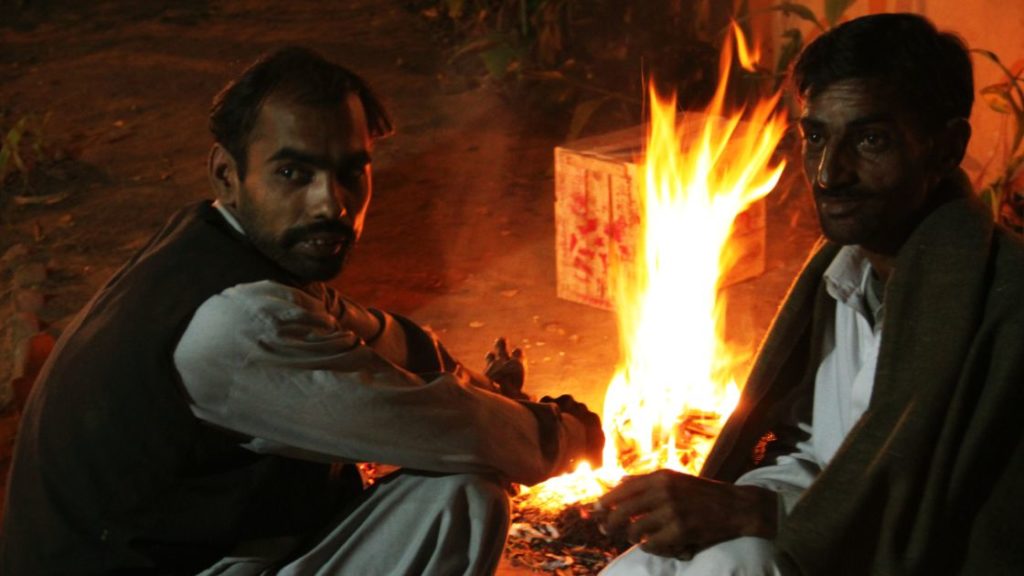
Struggling with cultural relitavism
Fail to plan has been freelancing in Pakistan. For the past week I have been in Islamabad and Karachi, trying to get a handle on Pakistan’s affluent youth and the contradictions at the heart of their current mentality. More on that later this week if I have the time while I am writing up this project here in Dubai. This initial post is a more personal reflection.
During this trip to Pakistan, I was lucky enough to lead a few groups and carry out a number of at-home interviews, arranged by the client’s Business Intelligence team to try and give me a handle on the culture and more specifically, our target audience. In a country where the scale that reaches from richest to poorest is quite so stretched and this is quite so obvious after the most casual of observations, we knew that those we were talking to were very much of the top third of that spectrum. The client wanted us to focus on an educated, affluent, 14-24 year old target, to get a handle on their hopes, fears and aspirations, as well as their attitude to the internet and their mobile phones. Knowing we were in a country with around 12% net penetration and all the consumers we spoke to were home broadband users gives you some idea of how high up the socio-economic scale we were operating.
One interview particularly made it very difficult for me to maintain the Critical Theorist’s orthodoxy on cultural relativism- that people’s lives should be viewed within the context of their culture, rather than from the viewpoint of one’s own. One of the girls that we had an at home visit with, let’s call her Sabeen, was 18, bright, engaging and well educated. She said that she loved maths, and that she enjoyed school. But at the end of this final school year, she was stopping. Not to join the workplace or go to university, but to be married, (and ‘be’ rather than ‘get’ is important here- it is a passive act for her). Now even bearing in mind the standard ‘family support network’ ‘culturally traditional’ ‘successful track record’ ‘marriage is used for different reasons’ ‘family knows you better than you know yourself’ smattering of arguments, I found the interview with her at times uncomfortable. Faced with Sabeen’s confused smile when I asked her, when she said in five years time that she ‘will be’ married, whether that was that she aspired to as as well as believed, I struggled to hold on to that relativist position. This was not something to be questioned, it was a statement of fact, something operating on level below conscious choice, not even a default, but something preordained.
Sabeen said she wanted to be a teacher, or to at least tutor primary school children while she is waiting to be married, but she wasn’t allowed out to do that. She was up at 6 making the family breakfast, and after a morning at the girls college she would be back at midday to make the family lunch. Cleaning in the afternoon, then school work, then the family’s dinner. And her mother was at home, and they had household help. It wasn’t that they needed her assistance, its that it was part of her preparation, her training. Her two younger sisters would step up to take this role in her place when the time came as they transitioned through puberty. Her two brothers had the family computer in their room. She said she wanted to use it to study, but that they would not let her without their supervision and only for short periods of time. Her friends went out for gelato and did other things that middle class Pakistani girls in Islamabad did. They didn’t ostracise her for it, but she did not participate. Not could, ‘could not’ would imply an option. This was not atypical of the many of the girls in the groups, but this was the most pronounced.
She smiled almost beatifically, serene. There was a smart young woman, who wanted to teach but instead was following what had been set out for her. It wasn’t even a case of accepting her fate. That implied that there could be another option, that at some point that alternative route was blocked off. It was breathtakingly beautiful and breathtakingly sad. I wanted to scream, to shout that she should be able to do what she wanted, fulfil her own potential, every single trite, western liberal cliche that I had tried to check at the door. I bit my tongue and smiled and nodded, avoided leading questions, suspended my disbelief and probed in a dispassionate, detached but interested way, but it was one of the hardest, most fascinating days at work I have ever had. Often you know something, but you can’t truly understand until you experience it, until you meet it, you can’t comprehend it. I still maintain that you have to contextualise everyones’ life narratives, and not assume that your own compass is guardian of some cultural or moral absolute but it is hard sometimes when you look back at something you have experienced that is so radically different from your own norms, something that you see as wasted opportunity, to still withhold judgement.